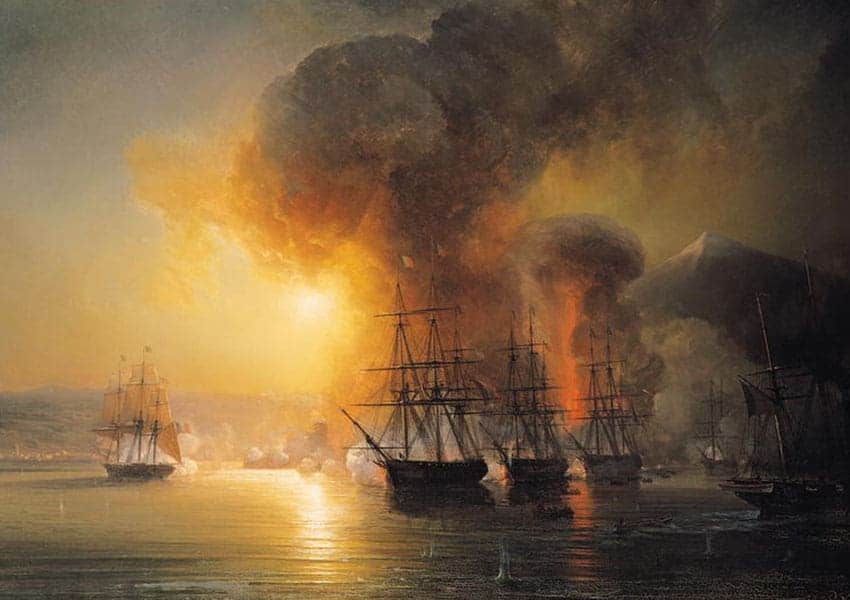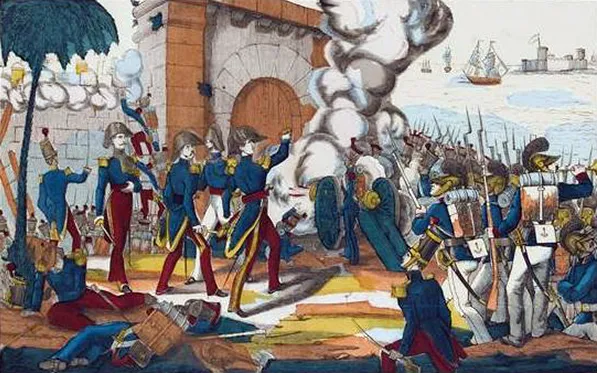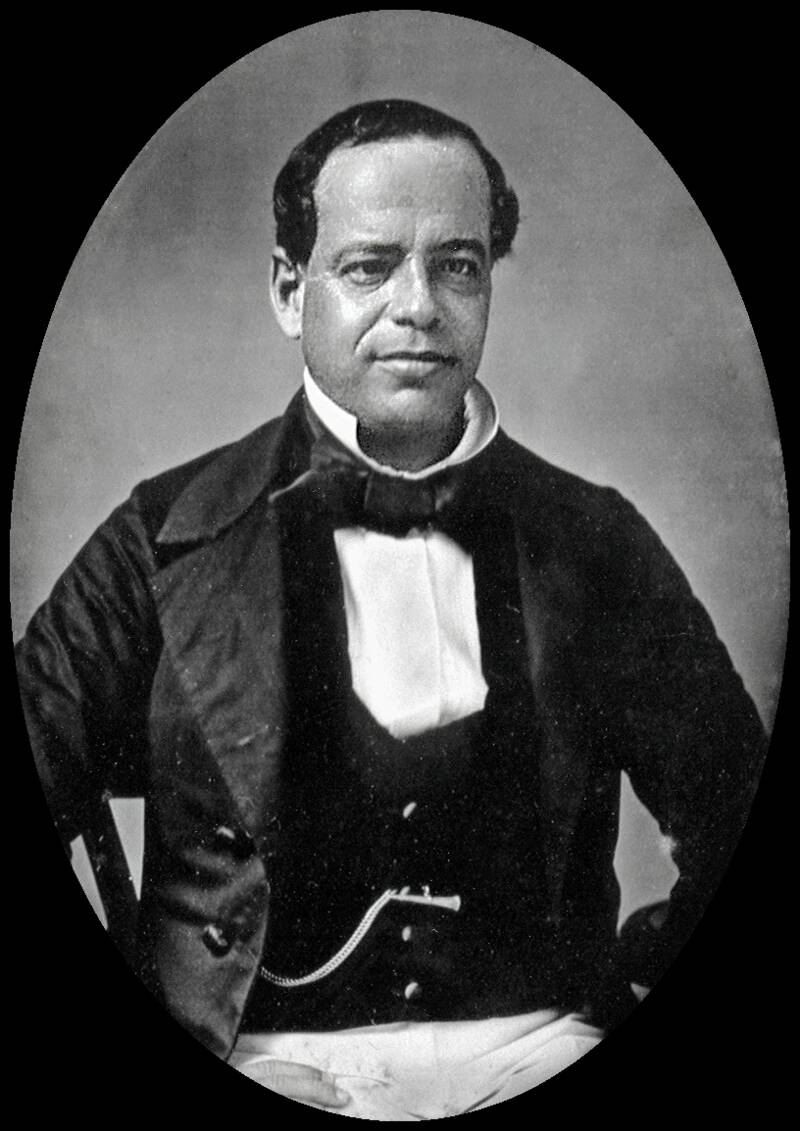The Pasta War: that is, how a minor event turned into a war between France and Mexico

On September 4, 1838, the looting of a pastry shop run by a Frenchman in Mexico City sparked a war between Louis Philippe's France and newly independent Mexico.
The looting of a pastry shop had dramatic consequences, showing that war often arises from trivial facts, but can have serious consequences.
France, a faithful ally of Spain
In the 18th century, Spain sought to maintain a monopoly on trade with its Mexican colony. However, both France and England engaged in extensive smuggling activities with the Spanish-American colonies. In 1797, a treaty opened trade with the Latin American colonies to neutral countries, i.e. those not allied with England, Spain's enemy.
In 1821, Mexico gained independence after 11 years of struggle. In 1822, the United States recognized the new state, followed by England in 1826. France, with its blood ties to the Bourbons of Spain, supported Spain's desire to recover its former colonies.
At the end of the 1830s, the problem of recognition of Mexico, on which the authorization to trade with it depended, had not yet been resolved. Meanwhile, the Germans and English were investing in Mexican gold and silver mines and making good profits.
The pastry shop of discord
During the first 20 years of its existence, Mexico experienced chronic political instability, with the government constantly changing hands. On September 4, 1838 , a pastry shop run by a Frenchman in Mexico City was looted by a mob during riots following a disputed election. An event that seemed to end in its tragedy, but the pastry chef wrote to the French king, Louis Philippe I, recounting his misfortunes and asking for compensation.
During this period other Frenchmen saw their properties disappear and expressed their grievances to their sovereign. France responded by demanding 600,000 pesos as compensation for its citizens' losses, but the Mexican state refused to pay any compensation. He was already heavily indebted to France, which feared it would never be able to pay off its debts.
So France used the argument of the defense of its citizens, pastry chefs or not, to intervene militarily and, at the same time, force poor Mexico to open up to trade. An advance of the “gunboat policy” that was later used in the East. So the King sent a fleet to support his claims.
The French squadron was commanded by Rear Admiral Charles Baudin, a veteran of the First Empire navy. At his side was the Prince of Joinville, François d'Orléans, son of King Louis Philippe.
In the fall of 1838, the French set up a blockade of the important port of Veracruz and bombarded the fortress of San Juan d'Uloa, considered impregnable. They used explosive shells for the first time (177 shells fired) and succeeded in having the fortress surrendered on 27 November 1838. It was "the only example", said Wellington, "of a regularly fortified place reduced by a purely naval force", but in this he was a forerunner of naval history, because the 19th century then saw other similar cases. However, between both sides, there were more than 100 dead and nearly 200 wounded.
Mexico declares war
Antonio López de Santa Anna, one of the great figures of Mexican independence and former President of Mexico, nevertheless distinguished himself in the defense of the city, in which he lost a leg. This heroic episode allowed him to regain the prestige he had lost in 1836 in Texas, in front of Fort Alamo, and to return to the forefront of his country's political scene.
Forced to recognize France's victory, Mexico agreed to pay the requested 600,000 pesos. The French navy returned to its shores in March 1839.
A very profitable trade for France
This short war with France was very costly for Mexico, which had to rebuild Veracruz, its most important port, and for several months lost the customs revenue it had generated.
On the other hand, the opening of Mexico to imports was good for France, at a time when Latin America was becoming an important trading partner for Europe. France mainly exported textiles to Mexico, as well as various luxury goods, while Mexico exported precious metals, gold and silver, and agricultural raw materials – tobacco, coffee, cocoa and cochineal. The trade balance was very favorable to France.
The war was an act of brutal, violent, imperialism by France, a colonial policy that led to no colonies
However, remember to pay the pastry chef for the croissants. He might get angry!

Thanks to our Telegram channel you can stay updated on the publication of new Economic Scenarios articles.
The article The War of the Pasta: that is, how a minor event turned into a war between France and Mexico comes from Economic Scenarios .
This is a machine translation of a post published on Scenari Economici at the URL https://scenarieconomici.it/la-guerra-delle-paste-cioe-come-un-fatto-minore-si-tramuto-in-una-guerra-fra-francia-e-messico/ on Wed, 20 Mar 2024 22:48:13 +0000.



